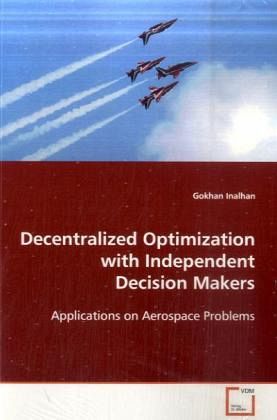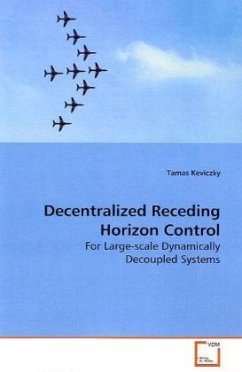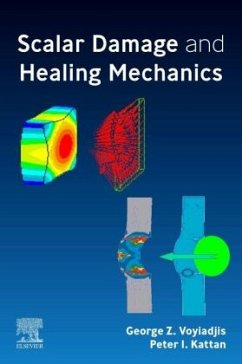
Decentralized Optimization with Independent Decision Makers
Applications on Aerospace Problems
Versandkostenfrei!
Versandfertig in 6-10 Tagen
45,99 €
inkl. MwSt.

PAYBACK Punkte
23 °P sammeln!
Following the advances in electronics and communications technology in the last three decades, a new paradigm for large-scale dynamic systems emerged. In this paradigm, groups ofindependent dynamic systems, such as unmanned air vehicles or spacecraft, act as a cooperative unit for a diverse set of applications in remote sensing, exploration, and imaging. These systems have been envisioned to provide highly flexible andreconfigurable structures that use individual autonomy to respond to changing environments and operations. The main aim of this work has been to design methods and algorithms to ...
Following the advances in electronics and
communications technology in the last three decades,
a new paradigm for large-scale dynamic systems
emerged. In this paradigm, groups of
independent dynamic systems, such as unmanned air
vehicles or spacecraft, act as a cooperative unit
for a diverse set of applications in remote sensing,
exploration, and imaging. These systems have been
envisioned to provide highly flexible and
reconfigurable structures that use individual
autonomy to respond to changing environments and
operations. The main aim of this work has been to
design methods and algorithms to enable efficient
operations for such large-scale dynamic systems when
a centralized decision-maker cannot or does
not exist. Towards this end, a decentralized
optimization method and a coordination algorithm
have been developed. This methodology is applied to
decentralized coordination problems from the
aerospace and the operations research fields.
communications technology in the last three decades,
a new paradigm for large-scale dynamic systems
emerged. In this paradigm, groups of
independent dynamic systems, such as unmanned air
vehicles or spacecraft, act as a cooperative unit
for a diverse set of applications in remote sensing,
exploration, and imaging. These systems have been
envisioned to provide highly flexible and
reconfigurable structures that use individual
autonomy to respond to changing environments and
operations. The main aim of this work has been to
design methods and algorithms to enable efficient
operations for such large-scale dynamic systems when
a centralized decision-maker cannot or does
not exist. Towards this end, a decentralized
optimization method and a coordination algorithm
have been developed. This methodology is applied to
decentralized coordination problems from the
aerospace and the operations research fields.












